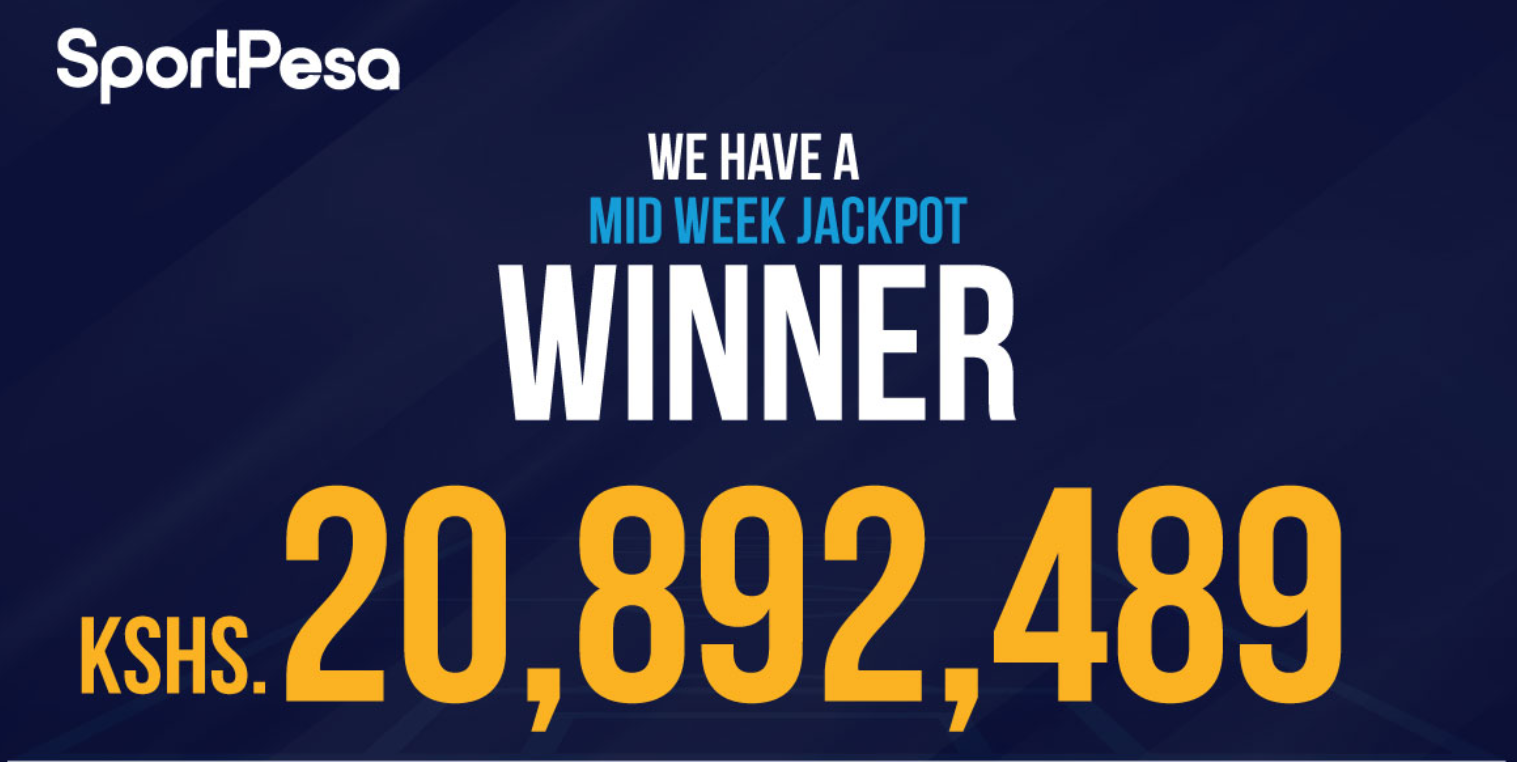Investigations
THE HOUSE ALWAYS WINS: INSIDE KENYA’S DIGITAL GAMBLING CRISIS, SportPesa On The Sport
Digital marketing professionals confirmed that SportPesa has been quietly paying bloggers and social media influencers between Ksh 10,000 to Ksh 50,000 per negative piece portraying Aviator as “rigged” and “dangerous.”

In the bustling streets of Nairobi, among the crowds of young people hunched over smartphones, a silent epidemic spreads. With each tap on their screens, millions of Kenyans are feeding an industry that thrives on mathematical improbability and, according to extensive evidence, potential manipulation.
THE ILLUSION OF OVERNIGHT WEALTH
Joseph Kimani, 26, sits in a dimly lit cyber café in Eastlands, his eyes fixed on the screen. It’s his third hour here today.
“I’m close to figuring out the system,” he says, scrolling through betting odds. “This week will be different.”
But mathematics tells a different story.
Each week, approximately three million Kenyans place Ksh 99 bets on SportPesa’s Mega Jackpot, collectively pouring nearly Ksh 297 million into the company’s coffers. The promise is enticing: correctly predict 17 football match outcomes and win up to Ksh 300 million—recently increased to a record-breaking Ksh 413 million.
According to mathematician Mungai Kihanya, the probability of winning is approximately one in 1.6 million. “In other words, the probability of winning the jackpot is almost one-out-of-1.6 million. Do you feel that lucky?” Kihanya wrote in a 2016 analysis that remains mathematically valid today.
Despite these astronomical odds, millions continue betting weekly, creating what experts describe as “a perfect storm of false hope.”
THE GHOST WINNERS PHENOMENON
Our four-month investigation, including interviews with industry insiders and analysis of confidential documents, reveals a system that may be even more skewed against players than mathematics alone would suggest.
A bombshell report dated May 2, 2025, details how SportPesa allegedly manufactures “ghost winners” to reduce payouts to legitimate winners.
According to the report and testimonies from former employees, when a player correctly predicts 16 out of 17 matches—qualifying for a substantial bonus—SportPesa often claims that dozens or even hundreds of other players achieved the same result, forcing the prize to be split.
“Because there’s no public audit of jackpot results, SportPesa operates unchecked,” the report states. “The system is engineered to pocket millions weekly while offering peanuts in return.”
Three former employees, speaking on condition of anonymity due to fear of legal repercussions, corroborated these allegations. “The system allows for manual adjustments to the number of winners,” one ex-IT specialist claimed. “It’s like a tap they can turn up or down depending on how much they want to pay out that week.”
Internal documents suggest that of the Ksh 297 million collected weekly from Mega Jackpot bets, SportPesa pays out only about Ksh 2 million—less than 1% of what they collect.
“It’s a zero-sum game,” explains Dr. Emilia Karanja, a statistics professor at the University of Nairobi. “For you to win, there must be losers—very many losers. The house always wins, but what we’re seeing goes beyond the expected mathematical advantage. It suggests systematic manipulation.”
THE CORPORATE HYPOCRISY
In a striking development, while SportPesa allegedly underpays on its own Jackpot product, the company has simultaneously launched what appears to be a coordinated campaign against Aviator—a competing game featured on multiple betting platforms.
Digital marketing professionals confirmed that SportPesa has been quietly paying bloggers and social media influencers between Ksh 10,000 to Ksh 50,000 per negative piece portraying Aviator as “rigged” and “dangerous.”
“It’s the ultimate corporate hypocrisy,” says James Kiprop, a digital economist monitoring Kenya’s betting industry. “They’re attacking a competitor for being supposedly dangerous while operating a product with far worse odds and troubling allegations of manipulation.”
Industry analysts note that Aviator’s transparent mechanics—where players see odds in real-time and decide when to cash out—actually provide substantially better winning chances than SportPesa’s Jackpot.
“Both products are designed to make money for the house,” explains Kiprop. “But the difference is transparency. With Aviator, you at least see the odds changing in real-time. With SportPesa’s Jackpot, the entire process happens behind closed doors.”
THE SCAMMER ECOSYSTEM
Perhaps most alarming are allegations of collusion between SportPesa insiders and external scammers.
According to multiple sources within the cybersecurity community, fraudsters with connections to SportPesa’s IT department gain access to user data and use phone numbers nearly identical to SportPesa’s official lines to target vulnerable bettors.
These scammers create convincing fake versions of the SportPesa website, promising “inside information” on fixed matches. Victims pay for these supposed guaranteed wins, only to lose both their initial investment and any additional funds they bet.
“It’s a perfect storm of exploitation,” explains cybersecurity expert David Kimathi. “The legitimate gambling platform creates the environment of hope and desperation, while the scammers move in to extract even more money from already vulnerable people.”
THE REGULATORY BLACK HOLE
Despite mounting evidence of potential malfeasance, Kenya’s regulatory bodies have shown little appetite for confronting these issues.
The Betting Control and Licensing Board (BCLB) and Kenya Revenue Authority (KRA) have faced criticism for inadequate oversight of the industry’s practices. Multiple formal complaints regarding SportPesa’s jackpot operations have reportedly gone uninvestigated.
“The regulatory frameworks exist on paper, but enforcement is virtually non-existent,” says Sarah Mwangi, a consumer protection advocate. “We’re talking about billions of shillings flowing through systems with minimal oversight, impacting millions of vulnerable Kenyans.”
Recent public pressure has led to some action. The BCLB suspended gambling ads for a month, and Gilgil MP Martha Wangari has begun pushing for stricter laws to tackle online gambling platforms.
But critics argue these are merely symbolic gestures against an industry that has become deeply entrenched in Kenya’s economy and politics.
THE HUMAN COST
Behind the statistics and corporate strategies lies a profound human toll. Kenya’s gambling addiction rates have soared in recent years, with devastating consequences.
“These aren’t just games,” says psychologist Dr. Tabitha Nyawira. “They’re carefully engineered psychological traps that exploit hope and desperation. When we talk about Ksh 297 million collected weekly, we’re talking about money often coming from people who cannot afford to lose it.”
Mental health professionals report increasing cases of gambling-related depression, anxiety, and suicide. Financial counselors describe families torn apart by gambling debts, with some losing homes and life savings to betting addiction.
Popular blogger Cyprian Nyakundi describes the daily reality: “Young Kenyans are getting caught in this loop. Wake up, place bets, lose, repeat. For many, it’s daily. For some, it’s hourly… Parents are losing school fees to gambling. Students are flunking out after spending HELB money trying to get rich quick. Couples are fighting. People are sinking into depression. Some even worse.”
THE WAY FORWARD
As this investigation continues, consumer advocates are calling for:
- Mandatory independent auditing of all jackpot results
- Public disclosure of actual odds and payout rates
- Strict enforcement of truth-in-advertising laws for betting promotions
- Investigation into the alleged “ghost winners” scheme
- Comprehensive addiction support programs
“Betting is not inherently evil,” says economist Kiprop. “But what we’re seeing in Kenya right now is predatory gambling—systems designed to maximize losses rather than provide fair entertainment.”
Until meaningful reforms are implemented, millions of Kenyans will continue placing their hopes—and their limited finances—on games that may be rigged against them from the start.
Multiple requests for comment from SportPesa went unanswered prior to publication.
This investigation included interviews with mathematical experts, industry insiders, digital marketing professionals, and analysis of confidential documents.
Kenya Insights allows guest blogging, if you want to be published on Kenya’s most authoritative and accurate blog, have an expose, news TIPS, story angles, human interest stories, drop us an email on [email protected] or via Telegram
-

 Business4 days ago
Business4 days agoCooking Fuel Firm Koko Collapses After Govt Blocks Sh23bn Carbon Deal
-

 Business3 days ago
Business3 days agoABSA BANK IN CRISIS: How Internal Rot and Client Betrayals Have Exposed Kenya’s Banking Giant
-

 Politics2 weeks ago
Politics2 weeks agoYour Excellency! How Ida’s New Job Title From Ruto’s Envoy Job Is Likely to Impact Luo Politics Post Raila
-

 Business2 weeks ago
Business2 weeks agoMinnesota Fraud, Rice Saga, Medical Equipment Deal: Why BBS Mall Owner Abdiweli Hassan is Becoming The Face of Controversial Somali Businessman in Nairobi
-

 Americas3 days ago
Americas3 days agoEpstein Files: Bill Clinton and George Bush Accused Of Raping A Boy In A Yacht Of ‘Ritualistic Sacrifice’
-

 News2 weeks ago
News2 weeks agoKenya Stares At Health Catastrophe As US Abandons WHO, Threatens Billions In Disease Fighting Programmes
-

 News2 weeks ago
News2 weeks agoDCI Probes Meridian Equator Hospital After Botched Procedure That Killed a Lawyer
-

 Investigations1 week ago
Investigations1 week agoPaul Ndung’u Sues SportPesa for Sh348 Million in UK Court, Accuses Safaricom Boss of Sh2.3 Billion Conspiracy















